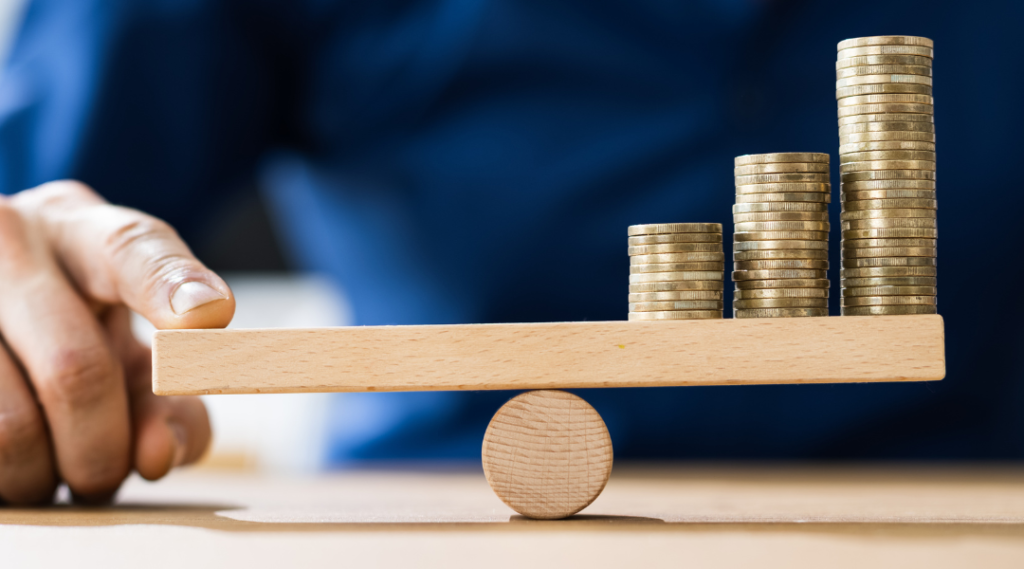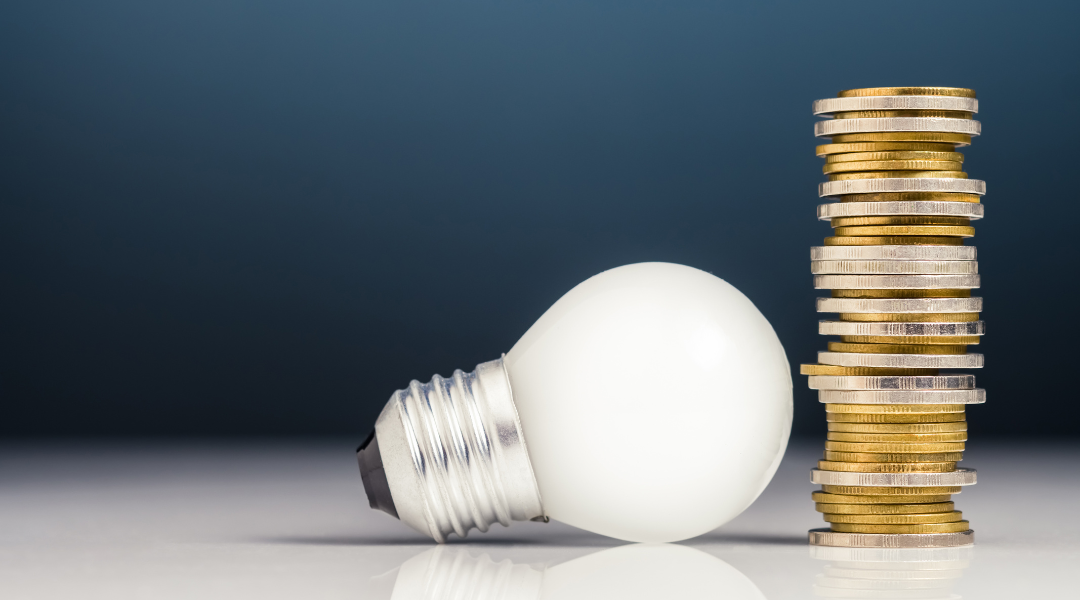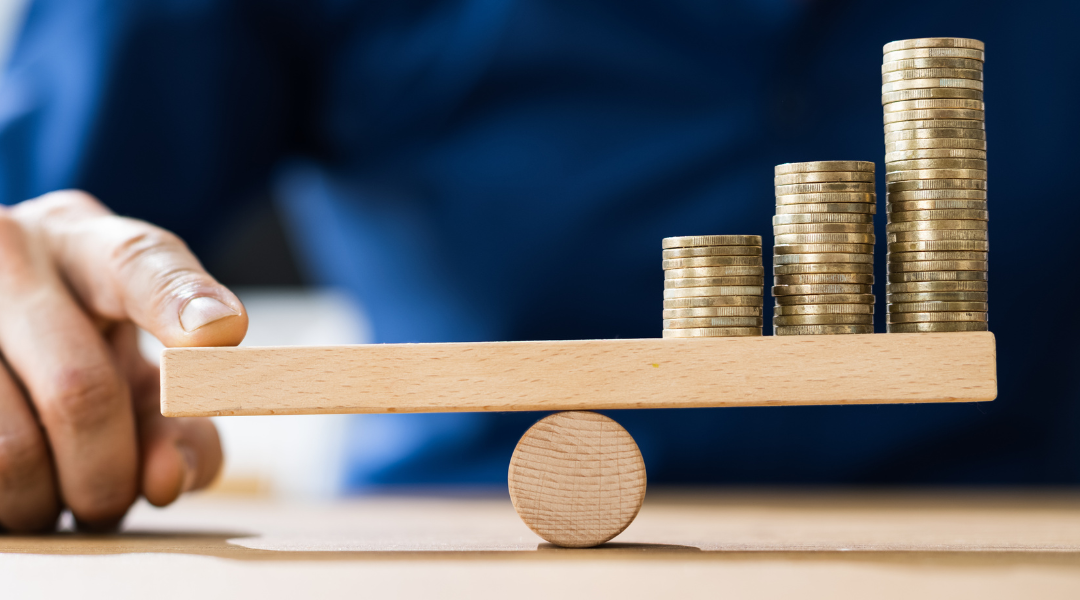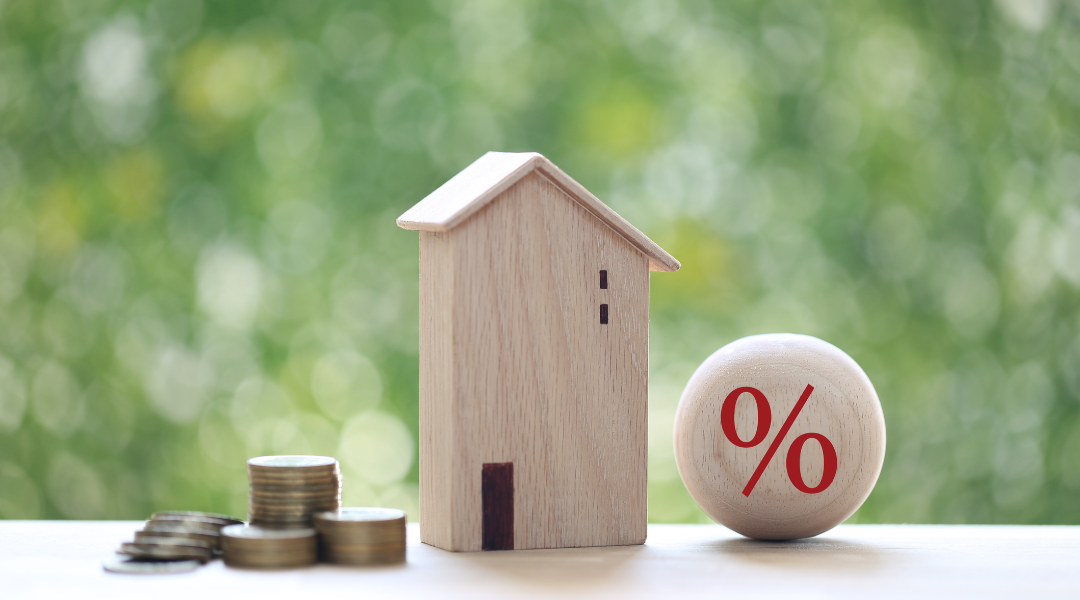
Introduction
The relationship between inflation and purchasing power is a crucial topic for understanding how the prices of goods and services affect people’s ability to purchase them. In this article, we will explore the dynamics between inflation and purchasing power, explaining the fundamental concepts and discussing their implications for consumers’ daily lives.
What is inflation?
Definition of inflation
Inflation can be defined as the general and continuous increase in the prices of goods and services in an economy over time. This means that, in a scenario of inflation, the purchasing power of currency decreases, as the same amount of money is no longer capable of purchasing the same amount of products.
Causes of inflation
There are several causes for the emergence of inflation. One of them is the increase in aggregate demand in relation to the supply of goods and services. When there are more consumers willing to purchase products than there is existing production capacity, prices tend to rise. Furthermore, factors such as increased production costs, exchange rate variations and monetary policy can also influence inflation.
Inflation indices
To measure inflation, price indices are used, such as the National Consumer Price Index (INPC) and the Broad Consumer Price Index (IPCA) in Brazil. These indices monitor the variation in prices of a basket of products representative of household consumption, making it possible to analyze the impact of inflation on consumers’ purchasing power.

What is purchasing power?
Purchasing Power Definition
Purchasing power refers to the amount of goods and services that an individual can purchase with a given amount of money. In other words, it is the purchasing capacity of a currency in relation to the products available on the market.
Impact of inflation on purchasing power
When inflation occurs, purchasing power is negatively affected. This is because product prices increase while the value of currency remains the same. As a result, you have to spend more money to purchase the same goods and services that were cheaper previously.
Practical example
Let’s consider an example to illustrate the relationship between inflation and purchasing power. Suppose that in a given year, a chocolate bar costs $2.00. If there is inflation of 5% next year, the same chocolate bar will cost $2.10. This means that, to buy the same amount of chocolate, you will have to spend more money.

Strategies to preserve purchasing power
Investments
One of the strategies to preserve purchasing power is to invest money in financial investments that offer returns higher than the inflation rate. This way, it is possible to obtain a financial return that compensates for the devaluation of the currency over time.
Investment diversification
Investment diversification is another important strategy for protecting purchasing power. By distributing resources across different types of assets, such as shares, government bonds and real estate, it is possible to mitigate risks and take advantage of appreciation opportunities that exceed inflation.
Income increase
Looking for ways to increase income can also help offset the effects of inflation on purchasing power. This can be done through job promotions, finding new sources of income, or developing skills that allow you to earn higher wages.

Conclusion
The relationship between inflation and purchasing power is essential to understanding how prices affect consumers’ daily lives. When inflation is present, purchasing power decreases, making it necessary to spend more money to purchase the same products. However, strategies such as investments and increasing income can help preserve purchasing power and ensure a more stable financial life.
FAQ – Frequently Asked Questions
What is inflation?
Inflation is the continuous increase in the prices of goods and services over time.
What is the relationship between inflation and purchasing power?
A: Inflation affects purchasing power negatively as product prices increase while the value of currency remains the same.
What are the most used inflation indices?
A: In Brazil, the most used inflation indices are the IPCA (Broad Consumer Price Index) and the INPC (National Consumer Price Index).
How can I protect my purchasing power?
A: You can protect your purchasing power through investments that offer returns above the rate of inflation and by looking for ways to increase your income.
Why is investment diversification important?
A: Investment diversification is important because it allows you to mitigate risks and take advantage of appreciation opportunities that can exceed inflation.
What is the relationship between the Selic rate and inflation?
A: The Selic rate is the basic interest rate for the Brazilian economy, determined by the Central Bank. It directly influences inflation, as it is used as a tool to control the price level. To better understand how the Selic rate impacts your life, check out our article: What is the Selic Rate and how does it impact your life.





